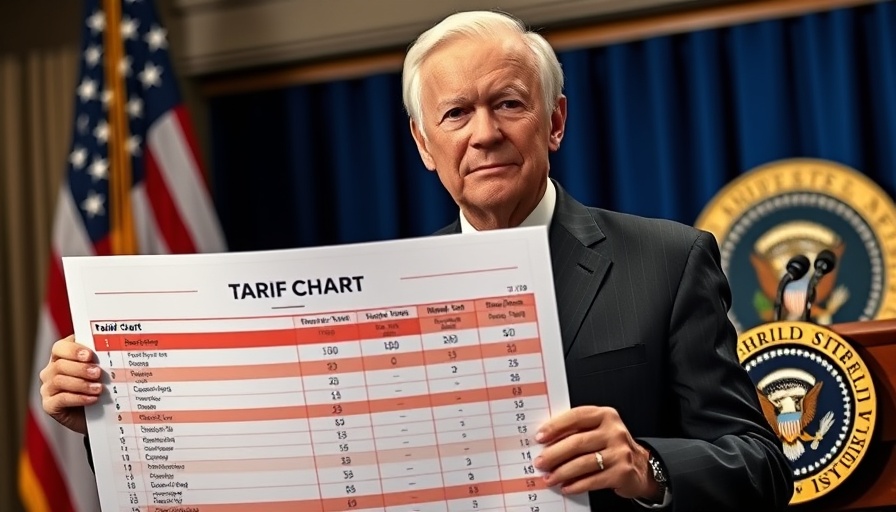
New Standards in Electoral Integrity
On June 21, 2025, the Organization of American States (OAS) and the Central Electoral Board (JCE) of the Dominican Republic took a significant step towards ensuring electoral integrity by signing an agreement to adopt the ISO 37001:2016 standard. This anti-bribery management system aims to combat corruption in electoral processes, fostering transparency in governmental practices. The agreement marks a commitment from both parties to strengthen public trust in the electoral system.
Why This Change Matters
The implementation of the ISO 37001:2016 standard is critical for the Dominican Republic, where concerns about electoral corruption have been prevalent. By establishing a regulatory framework, the JCE will employ various measures such as risk assessments, monitoring controls, and corrective investigations. This initiative not only aims to minimize instances of bribery but also serves as a model for other nations grappling with similar challenges.
Statements from Leaders
At the signing ceremony in Washington, D.C., Román Jáquez, the president of the JCE, expressed gratitude for the support of the OAS, emphasizing that good governance is a fundamental obligation that must be upheld with integrity and transparency. OAS Secretary General Albert Ramdin echoed this sentiment, stating that the agreement further cements the Dominican Republic's commitment to maintaining high standards in public service.
The Importance of International Standards
The establishment of ISO 37001:2016 as a guiding framework positions the JCE as a pioneering electoral body. It now holds four ISO standards, showcasing its dedication to upholding a secure and trustworthy electoral process. The standard requires organizations to engage in thorough due diligence, which encompasses identifying, preventing, and mitigating risks associated with bribery.
A Path Toward Strengthened Democracy
The new agreement signifies a proactive approach to combating corruption. With the support of the OAS, the Dominican Republic is taking decisive actions to not only bolster its electoral processes but also to uphold democracy's foundational principles of credibility and accountability. This commitment could inspire other countries in the region to follow suit, promoting a culture of ethical governance.
Final Thoughts
This collaboration between the OAS and the JCE is a hopeful step toward enhancing the integrity of electoral processes not just in the Dominican Republic but throughout the Caribbean. As the nation implements these standards, the expectation for greater transparency and reduced corruption in elections will serve as an essential reminder of the role of international cooperation in building robust democracies.
 Add Row
Add Row  Add
Add 




Write A Comment